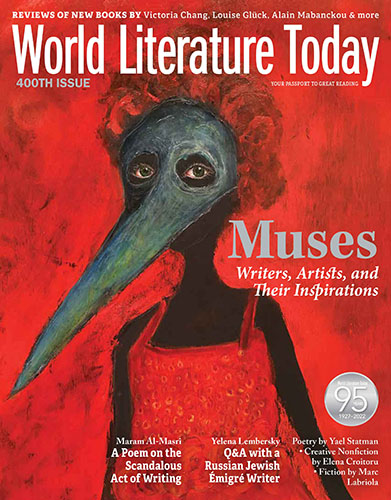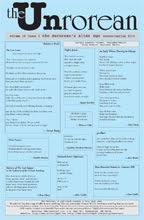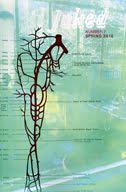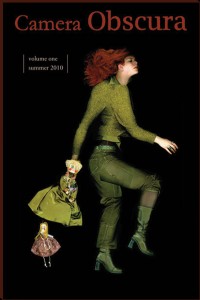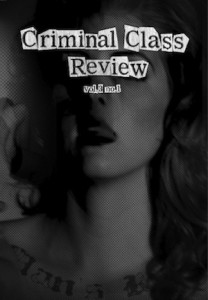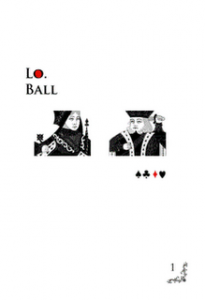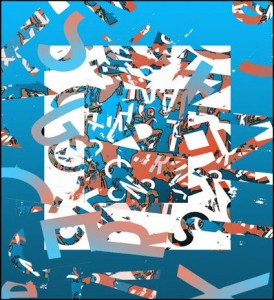Swing by Emerging Writers Network blog, where Dan Wickett is celebrating National Short Story Month by hosting (and participating in) weekly discussions of specific short stories. The discussions will focus on two collections in particular, with up to around a dozen people discussing one story from each collection each week. It’s a lot to keep track of, but rich in terms of connecting with stories, authors, and critical readers.

Dzanc Books also just announced that Luis Jaramillo, Associate Chair of the Writing Program at the New School, is the winner of their 2009 short story collection contest. Jaramillo’s manuscript, The Doctor’s Wife, was selected from more than 100 submissions. This collection will be published in October 2012.


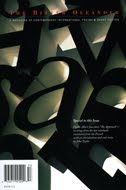
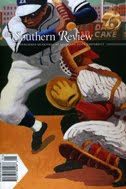
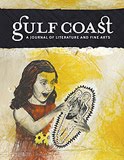
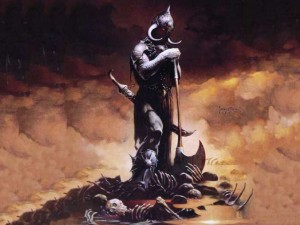 “Frank Frazetta
“Frank Frazetta